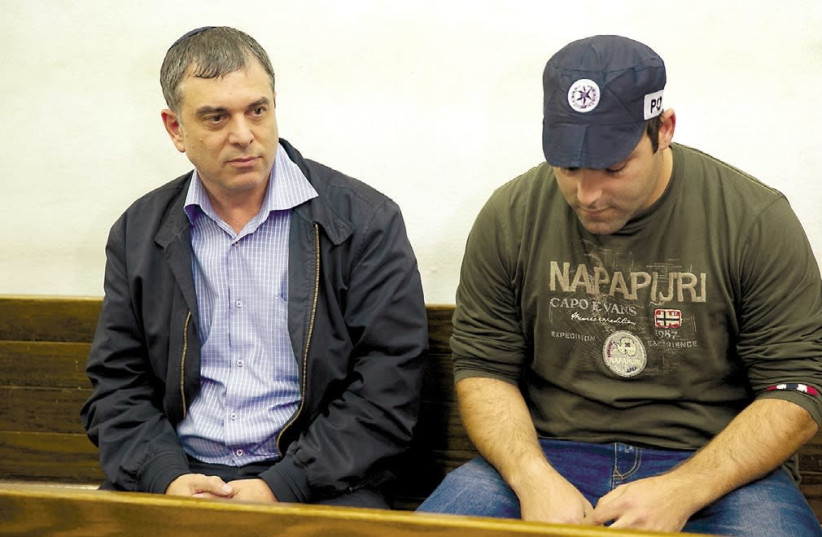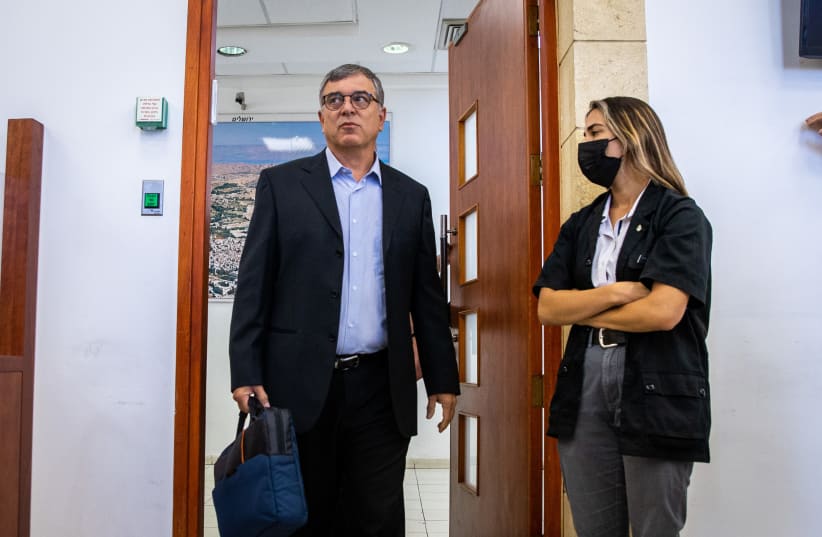Shlomo Filber, a former top aide to Benjamin Netanyahu, on Tuesday tried to explain his contradictory answers at different points in time about whether the former prime minister engaged in a media bribery scheme.
Testifying before the Jerusalem District Court, Filber was confronted by defense lawyer Boaz Ben Tzur with his own repeated denials of any criminal liability to Netanyahu in 2017 and then in his first interrogation in 2018.
The drama was doubled by Netanyahu attending the hearing only one day after he had told Prime Minister Naftali Bennett that Bennett’s term was over.
In 2017, Filber was questioned by the Israel Securities Authority over his illegal actions to assist Bezeq while serving as Communications Ministry director-general.
At the time, the authorities did not have any hard evidence against Netanyahu in the Case 4000 Bezeq-Walla Affair.

When asked about Netanyahu, Filber claimed the former prime minister had always acted properly.
However, when breakthroughs were made in the case in February 2018, Filber was arrested by the police.
Even in the initial questioning by the police, Filber still denied Netanyahu having any criminal role.
More specifically, Filber never mentioned in the 2017 and early 2018 interrogations that he had a key meeting with Netanyahu in June 2015.
According to testimony by Filber to police in his later interrogations in 2018, as well as testimony heard by the Jerusalem District Court, Netanyahu gave Filber instructions to assist Bezeq as part of the alleged media bribery scheme.
Questioned by Ben Tzur about why he did not mention this meeting in earlier interrogations, Filber said he did not remember the meeting at the time.
Rather, Filber said he only started to recall the meeting after he was shown significant additional information relating to the media bribery scheme, including communications from former Walla CEO Ilan Yeshua and from Nir Hefetz, another former aide to Netanyahu.
In contrast, the defense told the court Filber had invented the meeting with Netanyahu to escape personal liability and to satisfy his police interrogators.
Filber himself accused the police of acting like rottweilers and were dead set on creating a case against Netanyahu.
On the flip side, the prosecution has presented testimony that Filber gave to police after signing his immunity deal, in which he said he had not been telling the truth, but that a cloud had now been removed from over his head.
Filber told police he was now ready to come clean about his and Netanyahu’s actions.
